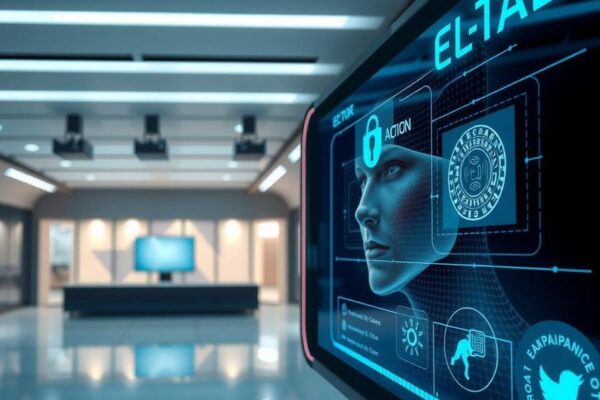
New Facial Biometric Requirement for Canadians at U.S. Border on Horizon
Canadians crossing into the U.S. could soon face a requirement for facial biometrics by Customs and Border Protection. This new technology aims to effectively identify overstays. Travelers can opt-out by requesting a manual document check, but a start date for this requirement has yet to be announced. The Canada-U.S. border seems to be creating headlines…











